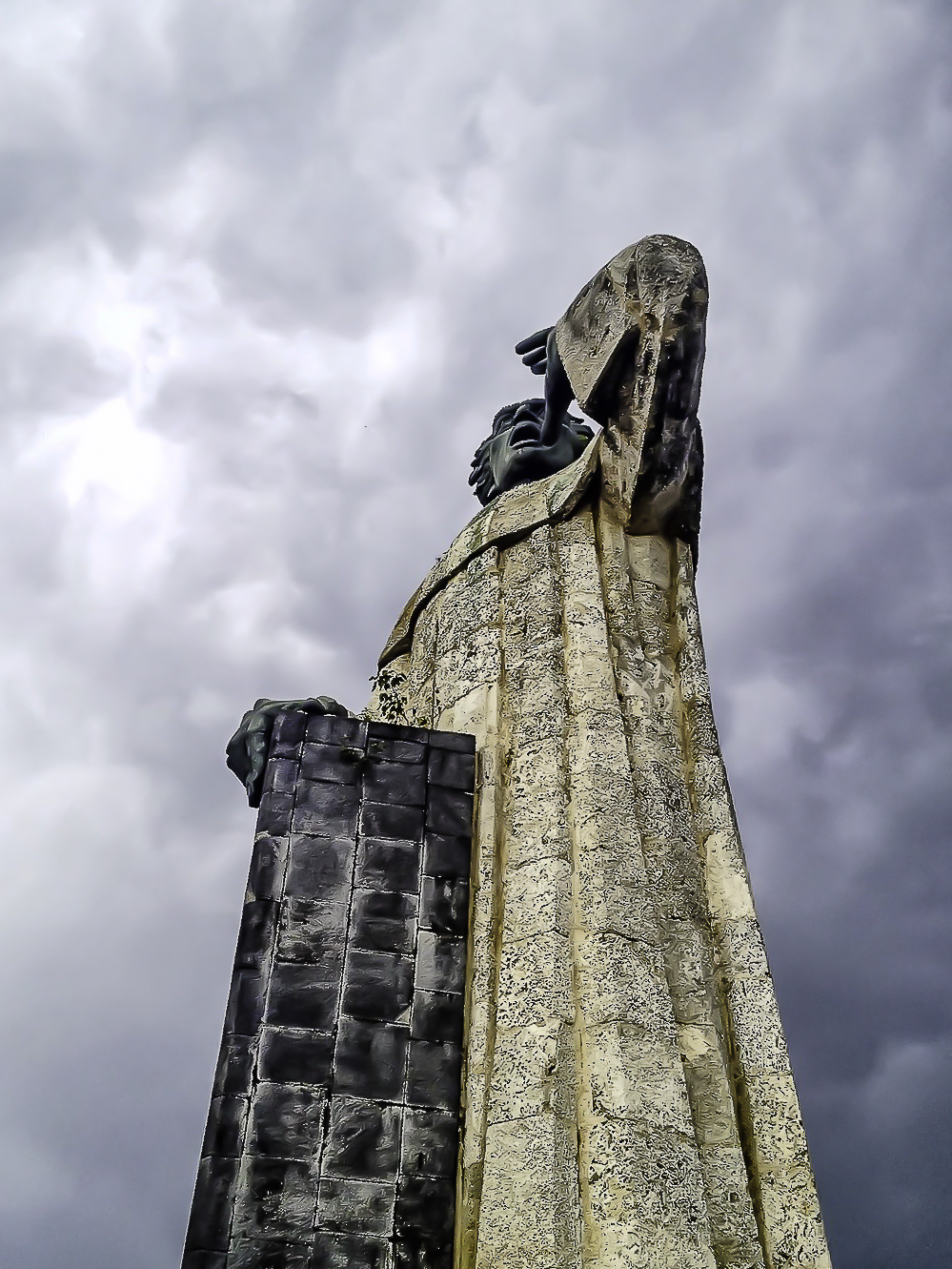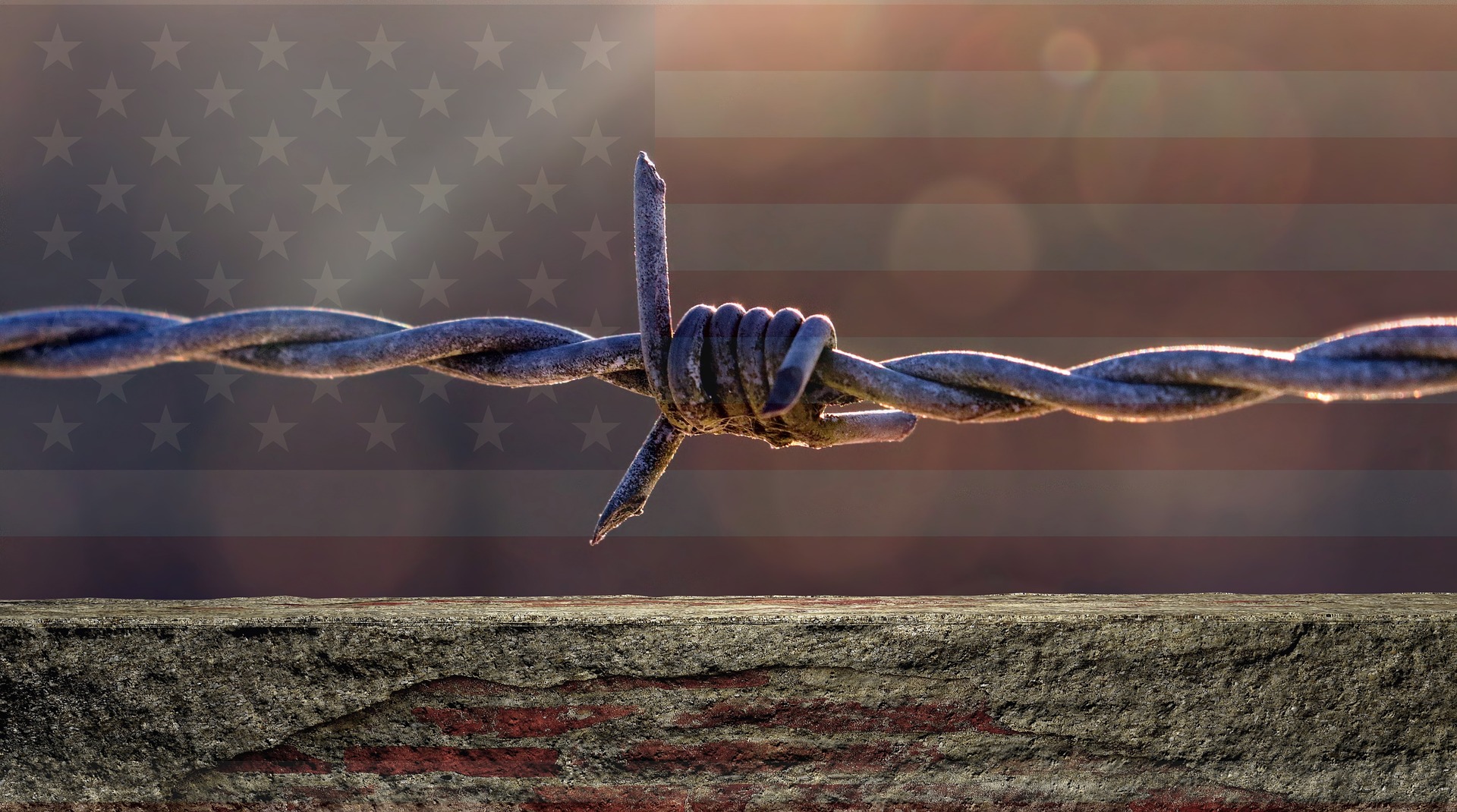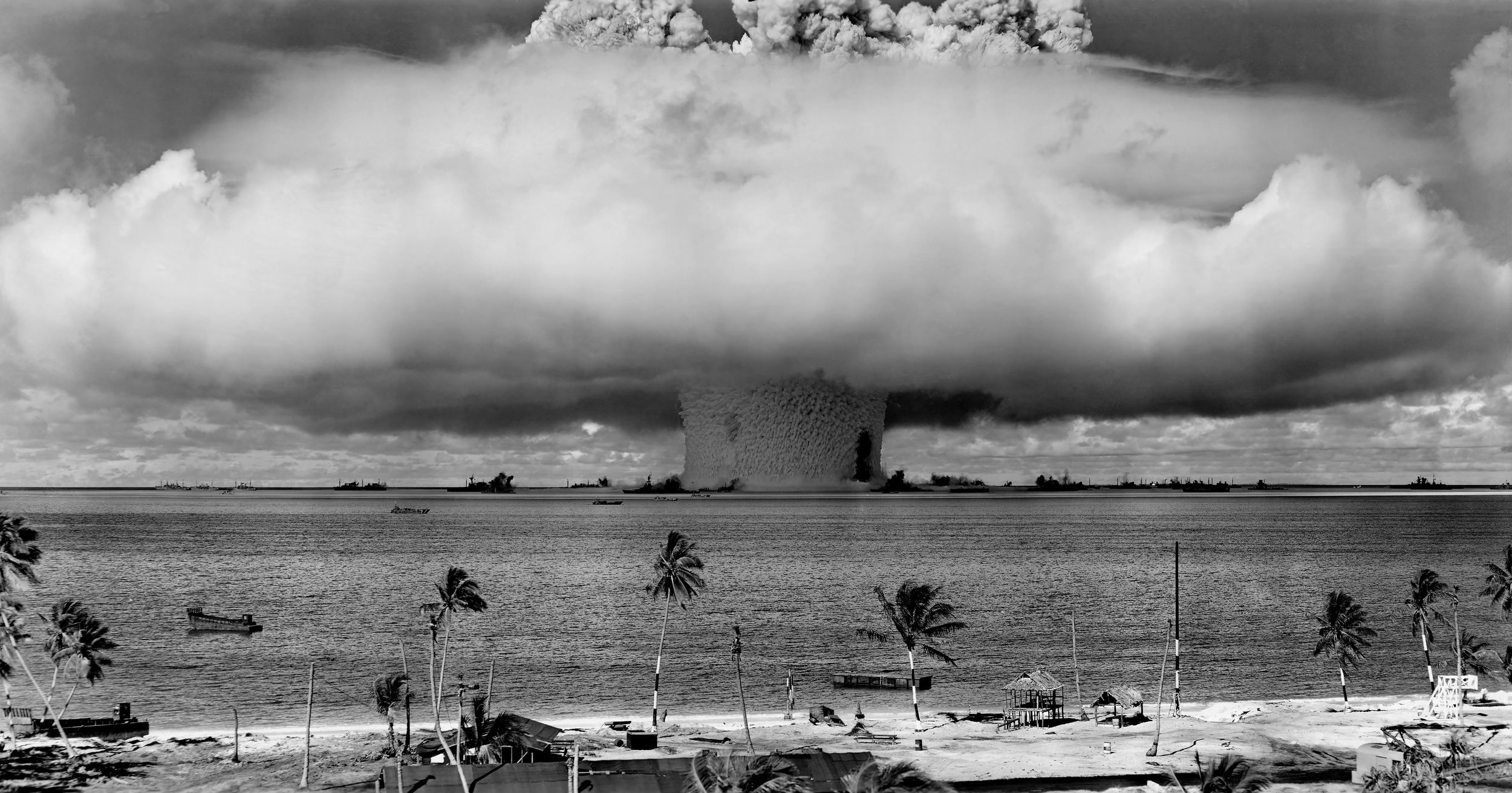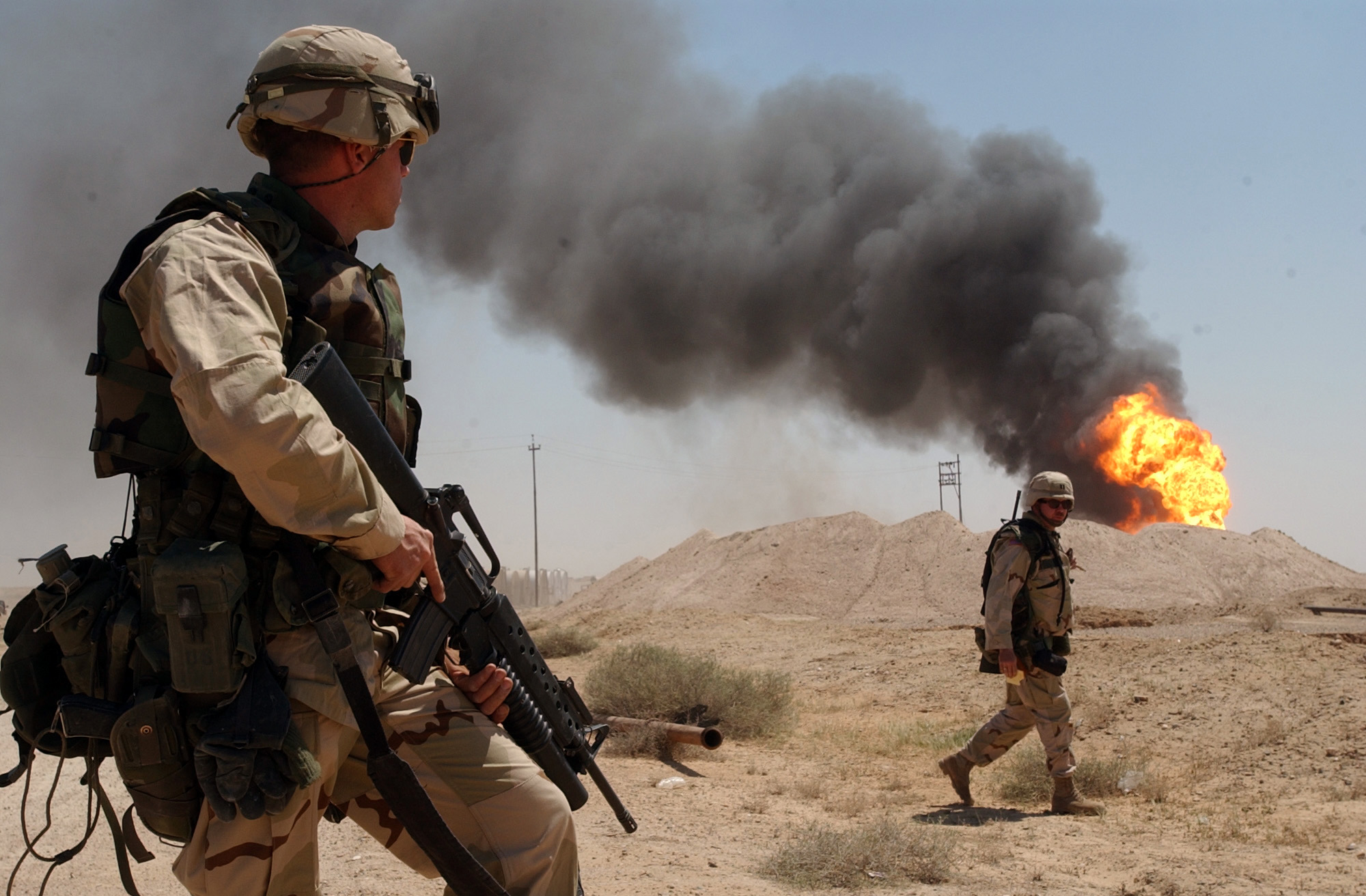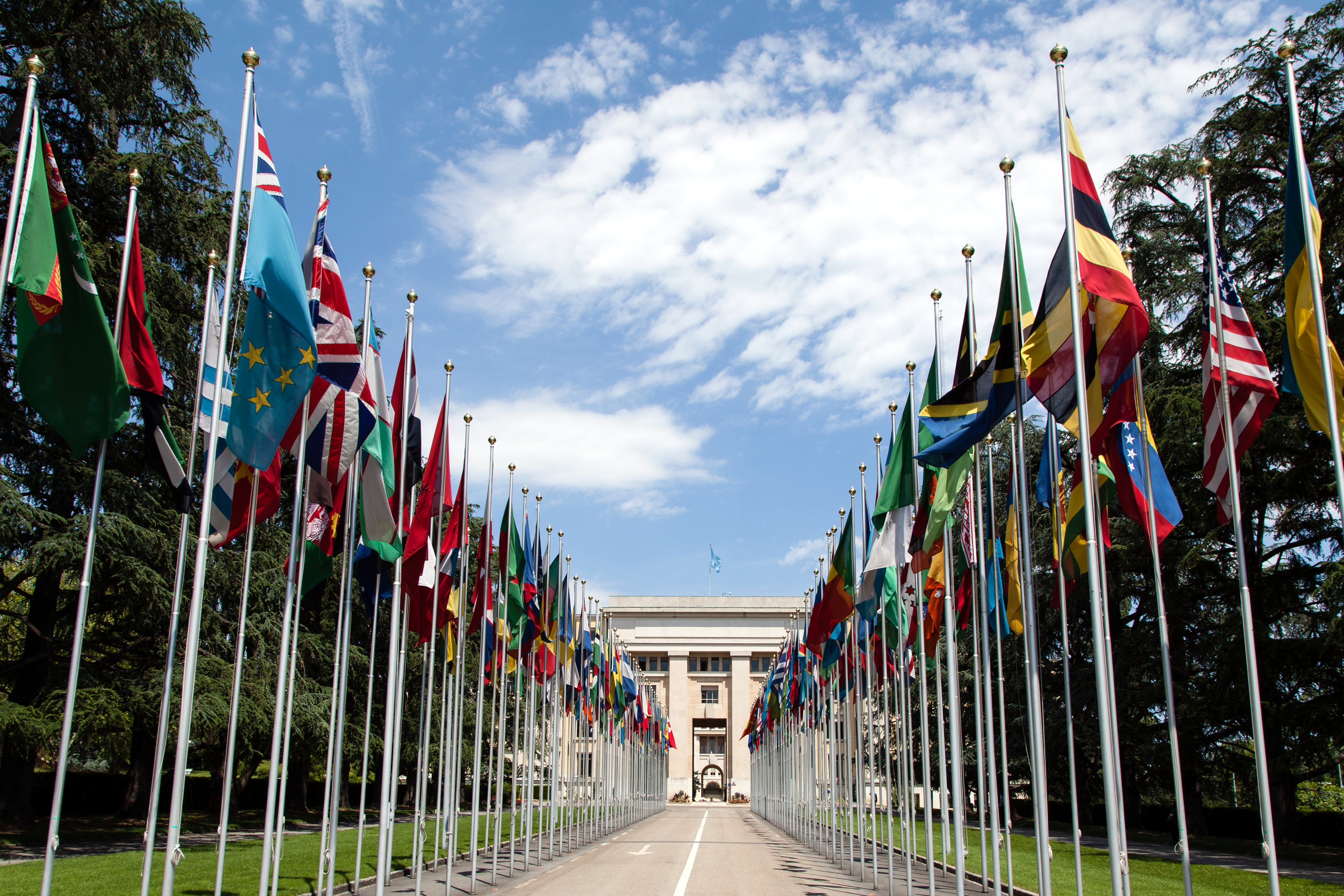Nuclear and Chemical Warfare
Photograph; The "Baker" explosion, part of Operation Crossroads, a nuclear weapon test by the United States military at Bikini Atoll, Micronesia, on 25 July 1946. The water released by the explosion was highly radioactive and contaminated many of the ships that were set up near it. Those which could not be decontaminated were sunk a number of miles off the coast of San Francisco. Photo credit: U.S. Dept. of Defense, Public Domain, Wikimedia Commons.
Introduction
This page explores the development of, and politics surrounding, warfare.
Other Resources on Nuclear and Chemical Warfare
United Nations Scientific Committee on the Effects of Atomic Radiation (UNSCEAR). United Nations. This agency tracks and reports on the long-term effects of radiation exposure from nuclear atmospheric testing. See also National Atmospheric Deposition Program. See also Baby Tooth Survey (Wikipedia page). A study conducted by the Greater St. Louis Citizens' Committee for Nuclear Information, Saint Louis University, Washington University School of Dental Medicine from 1958 - 1970.
Cambridge Institute on Religion and International Studies (website)
Gar Alperovitz, Did America Have To Drop the Bomb? Not to End the War, But Truman Wanted To Intimidate Russia. Washington Post, Aug 4, 1985. See a moderated position: Alex Wellerstein, The Decision to Use the Bomb: A Consensus View? Restricted Data | The Nuclear Secrecy Blog, Mar 8, 2013.
Patrick Cockburn, Toxic Legacy of US Assault on Fallujah 'Worse than Hiroshima': The Shocking Rates of Infant Mortality and Cancer in Iraqi City Raise New Questions About Battle. UK Independent, Jul 23, 2010.
William J. Broad and David E. Sanger, As U.S. Modernizes Nuclear Weapons, ‘Smaller’ Leaves Some Uneasy. NY Times, Jan 11, 2016.
William J. Broad and David E. Sanger, Race for Latest Class of Nuclear Arms Threatens to Revive Cold War. NY Times, Apr 16, 2016.
Peter Van Buren, Don't Whitewash the Hiroshima Bombing. The American Conservative, Aug 6, 2017.
Conrad Black, Trump’s North Korean Policy Is Succeeding. The American Conservative, Jun 13, 2018. A remarkably flattering piece on Trump, and a completely opposite view, also tempered by David French, Meet the New Hubris, Same as the Old Hubris. National Review, Jun 13, 2018. See also Doug Bandow, The Saudi-UAE Alliance is the Most Dangerous Force in the Middle East Today. The American Conservative, Jun 13, 2018.
Nick Miroff, U.S. Border Officers Make Largest-Ever Fentanyl Bust: 254 Pounds Hidden Under Cucumbers. Washington Post, Jan 31, 2019. Very important from a chemical, biological warfare perspective because fentanyl can be powdered and used in air because it can be absorbed through skin; it can easily become a chemical warfare weapon.
Geoff Brumfiel, The U.S. And Russia Are Stocking Up On Missiles And Nukes For A Different Kind Of War. NPR, Feb 1, 2019. Smaller nuclear weapons to be used on battlefields.
Kyle Swenson, The U.S. Put Nuclear Waste Under a Dome on a Pacific Island. Now It’s Cracking Open. Washington Post, May 20, 2019.
Morgan Knibbe, Atomic Veterans Were Silenced for 50 Years. Now, They’re Talking. The Atlantic, May 27, 2019. Veterans who were eyewitnesses to an atomic blast test; radiation-caused cancer and government denial of culpability.
David Albert Jones, Murder in the Cathedral: The Face of Christ in the Victims of Nagasaki. University of Notre Dame, Oct 20, 2020. A Catholic appraisal.
Peter Zeihan, South Korea: Keeping Nukes on the Table. Zeihan on Geopolitics, Jan 20, 2023. Zeihan argues that countries that cannot win conventional wars will build nuclear weapons. He argues this is the result of the withdrawal of the US Navy from the seas, making the seas less safe for commerce.
Mehdi Hasan, “Worst Foreign Policy Deal in My Lifetime”: Is Biden Going to Risk American Lives for Saudi Arabia? The Mehdi Hasan Show | MSNBC, Oct 5, 2023. One question is allowing Saudi Arabia permission to enrich uranium on their own soil and on their own terms, which could easily become nuclear weapons in an arms race with Iran.
Stephen Losey, US to Build New Nuclear Gravity Bomb. US Defense News, Oct 27, 2023.
Peter Zeihan, Going Nuclear + Live Q&A Announcement. Zeihan on Geopolitics, Mar 27, 2025. The nuclear proliferation likely to occur after the U.S. reneged on its agreement with Ukraine.

